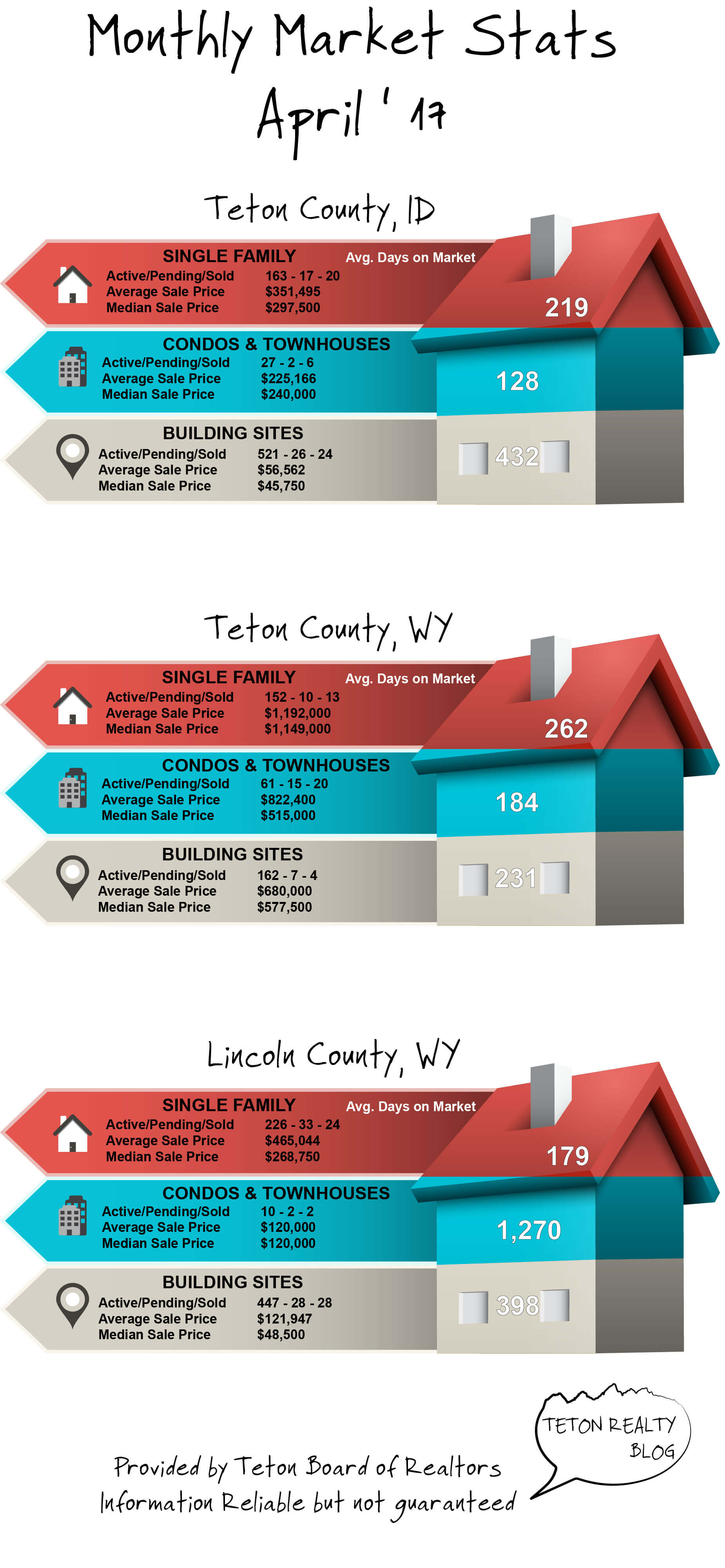
It’s funny that I reference art in the same sentence as something that I’m not very good at. That is, the referral.
Oftentimes agents refer to the customers they are working for with different names. The one that gets me is “the client”. Agents will refer to the person they are working with as their client, regardless of whether or not the person may or may not actually be his or her client… “Oh yes, that’s Bob, he’s my client.” Sometimes I wonder if it’s a protective measure for real estate agents marking their territory when speaking to other agents about a person that might be working with either, or both…
I’ve gone way off track here. When it comes to making money in the real estate industry, we usually do so by providing a service within a State of which we are licensed. There is one exception, the referral. If I have “a client” working with me in Idaho or Wyoming, and they decide they would rather purchase in Arizona, they can do their homework and choose
an agent to work with in that State. OR, an agent the client knows or is comfortable with can vet out agents in Arizona and refer them to the agent in Arizona. When doing so, they would ask the Arizona agent for compensation in return for the referral, but usually only if the client completes the purchase in Arizona. In most cases, the agent in Arizona, or the receiving agent will compensate the broker who provided the referral a portion of the compensation they receive. It doesn’t cost the client anything.
While a referral is more accurately described as an act of referring someone for a specific service, you can now see in the real estate industry a referral often time represents a person such as a client or a customer.
So why aren’t I good at referrals? I don’t suppose it’s something that one can really be bad at, I just feel that sometimes it’s not appropriate. With regards to the
circumstance above, sure. There are however a number of agents who ask for referrals when in my opinion, it isn’t appropriate. For example, advertising real estate in an area you are not familiar with then simply referring the client to a local professional is not appropriate in most circumstances, at least in my opinion. There are unfortunately a number of brokerages whose services are dedicated to this sort of tactic. Usually a website will funnel potential buyers and sellers into a location where they receive a recommendation for an agent, even though they know nothing about the agent they are referring. In some cases the receiving agent might just be paying for the service. In this scenario, there’s no research going into the recommendation. Another example would be real estate agents themselves. Real estate agents are notorious for shopping for real estate in areas where they are not licensed, locating an agent, and asking for a referral fee when the transaction closes. I’m probably going to get some flak for this, but in many circumstances I don’t think it’s appropriate.
I believe agents need to be transparent when working with other professionals. If they expect a fee, they need to make that clear before enlisting the services of another professional.
A final note about referrals, they are ONLY paid by brokers to those with a real estate license. Agents can NOT compensate anyone directly, and Brokers can NOT compensate someone who does not hold a real estate license.
So, maybe I just need to get better about asking for a referral. Remember it’s not all about asking another agent for a fee, but it’s broaching the issue with the potential client. The referral can be a useful tool, and a helpful service to the public, as long as they are aware of the situation. I think it would be relatively difficult to refer someone to another agent without them being aware of the situation. So, how would you feel if your agent asked if they could locate another agent for you in hopes of receiving a fee from the receiving agent?
 Homeowner’s Associations and CC&R’s seem to be one of the Hot Topics in real estate, especially over the past couple of years. I don’t want to wear out the topic, but it is important to address some of the questions that people have, especially locally.
Homeowner’s Associations and CC&R’s seem to be one of the Hot Topics in real estate, especially over the past couple of years. I don’t want to wear out the topic, but it is important to address some of the questions that people have, especially locally.

